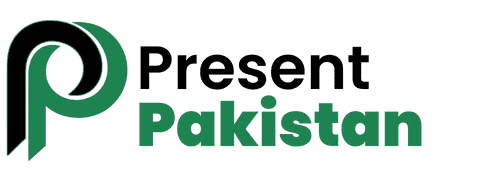What is Personal branding and why it Matters , build trust, visibility & career authority with reputation capital and strategic Branding.
Personal Branding is the affirmative art of building a unique, authentic professional identity. Building your online reputation, thought leadership, and career narrative allows you to accrue reputation capital, which gains you trust, visibility, and influence. Semantic words like Personal brand equity, online presence, professional image, career and longer-tail words like how to develop Personal branding for career growth will naturally occur throughout this article.
Find professional tips on Personal branding strategy, storytelling, and reputation at the professional strategy guide or get personalized tips with the Branding checklist tool. Find career-enhancing brand techniques via the career reputation hub.
Table of Contents
- What Is Personal Branding?
- Why Personal Branding Matters
- Influence and Career Advancement
- Trust, Authority & Visibility
- How to Build Your Personal Branding
- Identify Your Unique Value & Narrative
- Establish Visual Identity & Online Presence
- Share Content & Thought Leadership
- Common Branding Pitfalls to Avoid
- Integrating Brand with Career Strategy
- FAQs
What Is Personal Branding?
Personal branding is the intentional process of establishing yourself as a memorable, credible professional by creating impressions regarding your values, skills, and story (Harvard Business School Online, Wikipedia, Vecteezy, reputationdefender.com, Freepik). It integrates your competencies, personality, and digital presence into a unified identity that sets you apart from others in your profession (Constant Contact, Aston Carter).
Key Points
- Conscious branding makes others see your expertise and differentiating value.
- It’s continuous: as you mature, your brand matures with new success and wisdom.
Why Personal Branding Matters
Influence and Career Growth
Effective Personal branding raises your exposure to decision-makers, prospective employers, clients, and colleagues. It leads to open doors for promotions, leadership roles, speaking opportunities, and freelance or entrepreneurial activities (Digital Marketing Institute, Forbes).
Key Points
- Your brand will attract opportunities aligned with your capabilities.
- Becoming a voice in your industry builds influence over time.
Trust, Authority & Visibility
Personal branding creates trust and credibility. If other people continuously receive quality content from you, they see you as a credible authority. Harvard and other research shows that a visible professional with a clear brand stands a better chance of being given leadership trust and audience engagement (Harvard Business School Online, Wikipedia).
Key Points
- Showing authority contributes to credibility in your niche.
- Consistent presence across channels builds reputational equity.
How to Build Your Personal Branding
Identify Your Unique Value & Narrative
Start by defining your strengths, values, skills, and career story. What differentiates you? What consistent message unites your experiences? Craft a narrative that resonates emotionally while highlighting your expertise (Forbes, thefutur.com).
Key Points
- Authentic storytelling connects audiences to your brand.
- Clarity in valuvision guides all brand communications
Establish Visual Identity & Online Presence
Title: Personal Branding Concept with Megaphone & Audience
Alt-text: megaphone illustration of personal branding, symbolizing the personal branding concept
Visual consistency creates brand recognition and professionalism.
Consistent presence develops recognition and trust between platforms.
Share Content & Thought Leadership
Post articles, LinkedIn updates, videos, or webinars demonstrating your knowledge.
Offer value with insights, case illustrations, or industry commentaries.
This positions
you as a go-to spokesperson in your category (Digital Marketing Institute, Forbes).
Key Points
- Consistent quality content fosters authority and visibility.
- Educational content establishes engagement and trust.
Branding Mistakes to Avoid
- Over-curation: Too much polish can be perceived as inauthentic and alienate your audience (The Guardian).
- Inconsistency: Multiple messages across multiple platforms dilute brand equity and confuse your audience.
- Neglecting substance: A shiny image without true value doesn’t generate meaningful engagement
- Ignoring long-term strategy: Expecting overnight success can lead to disappointment and burnout.
Key point
- Authenticity is more powerful than perfection!
- Building a brand takes time; it’s a marathon, not a sprint.
Brand & Career Strategy
Align your Personal branding goals with career goals, whether that is a promotion, thought-leader, freelance development, or industry footprint. Use narrative, LinkedIn relationships, or meaningful content to pull in mentors, sponsors, and opportunities (hbr.org, MDPI).
Key point
- Branding should line up with your desired career outcomes. Strategic
- Content and networking help bring about measurable outcomes.
Commonly Asked Questions
1. What is meant by personal branding?
Personal branding is the purposeful process of influencing how the public views you as a professional in your practice area, by combining the professional needs of your skills, values, digital double, and story.
2. What is the value of personal branding?
Personal branding is valuable because it communicates trust, authority, and visibility. Personal branding generates a certain level of visibility in your practice area and brings opportunities for your career, leadership, or clients.
3. How long does it take to create a personal brand?
Usually, it takes months of ongoing effort to achieve a sustained level of visibility. However, while you are executing an intentional content and networking strategy, a substantial change in perception can occur in a matter of weeks.
4. Do students or freelancers benefit from personal branding?
Yes. Personal branding can help new to early career professionals, as well as freelancers, signal trust, specialization, and professional identity.
5. Is personal branding safe?
Yes, as long as it is done in a respectful, authentic manner. As the builder of your personal brand, you control the level of personal information you decide to share while also signaling what your values and options are.
people also ask
What are the advantages of personal branding?
Personal branding builds credibility, authority, and visibility. It creates trust with employers, clients, and collaborators and helps you procure leadership opportunities, speaking engagements, and freelance work .
How do I begin to build my personal brand?
First, determine your strengths, values, and career story. Next, create consistent visual and written content on LinkedIn or your website. Lastly, regularly post quality content.
What mistakes do I need to avoid when branding?
Avoid creating a false persona that is overly polished and not authentic to who you are as a person. Be consistent and committed to the values you want to convey. And be patient. Don’t expect your branding to work overnight–it’s a process.
Is a personal brand the same thing as my resume?
No. A personal brand takes into account more than a resume or CV. It includes your footprint, your content, your perception, and your story, not only the facts and credentials, and experiences listed on your CV.
Does personal branding help me do better in job interviews?
Absolutely. When employers Google your name, they will come across your online brand when you are being considered for a job. Having a positive and consistent online brand will set the tone for a favorable first impression and will enhance your job application.
Conclusion & CTA
Personal Branding is not only an amazing way to position yourself in your career and build authority, trust, visibility, and choices, but it’s also a way to leverage your brand around your unique story, visual identity, and thought-leadership content. Although you can differentiate yourself, when you build your brand, you can own it and be memorable
. If you’re ready to take advantage of positioning yourself in a better reputation, develop and enhance your career, and solidify a powerful professional identity, there are three things you can do today:
Align your brand with your objectives.
Start to develop your content strategy
Get access to useful tools and advice with career branding resources. You can also register for a personal branding mentorship for your personal







